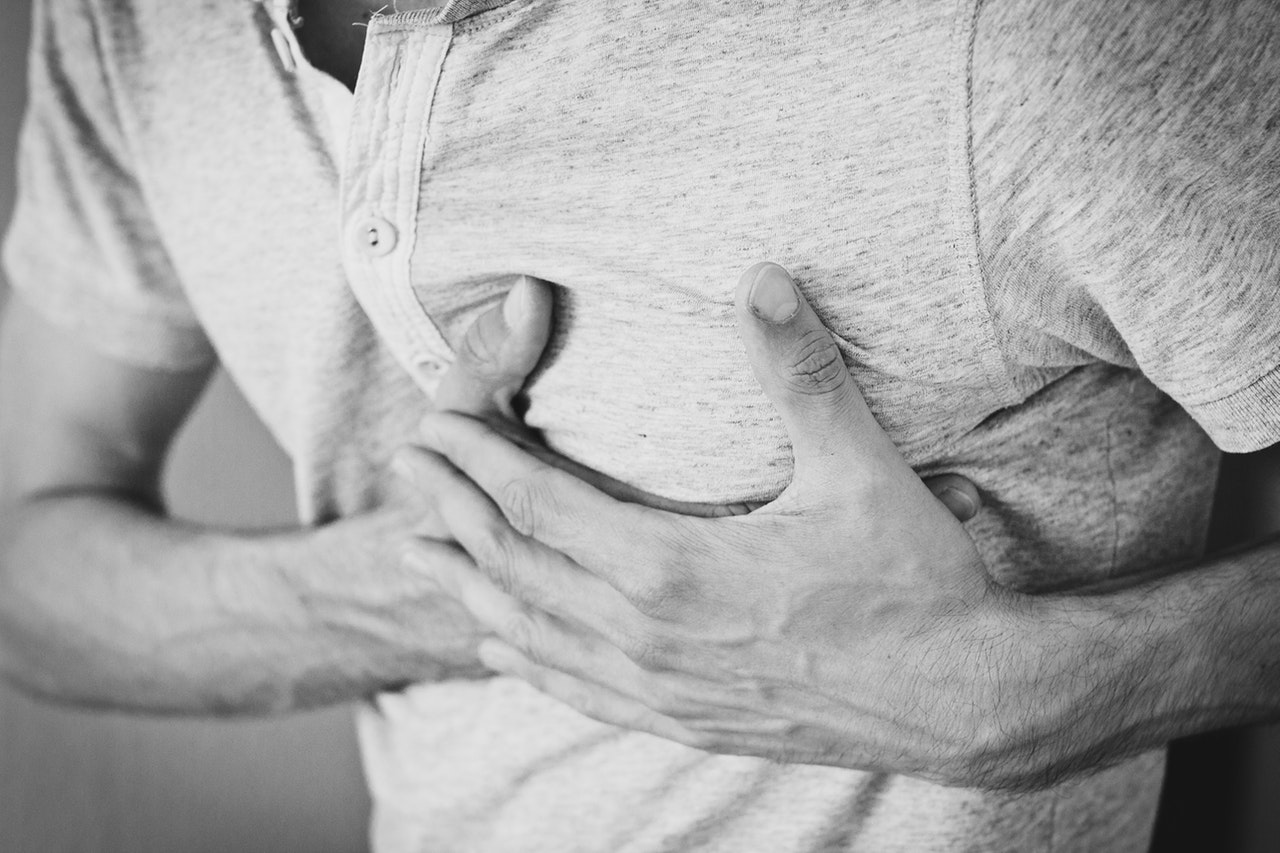Stress is indeed complicated, but the good news is that it is manageable. For many of us, stress takes its toll on us physically, and before we know it, we’re run down, aching, sore and sick, on TOP of being stressed out. There are very clear physical effects from being stressed out, and complications too that can pile up. Let’s look more at how stress impacts us physically, ideas for improvement and tips on how to avoid future problems.
Physical signs of stress
Our bodies are really good at telling us when we are stressed, but because of our busy schedules and hectic pace, we typically don’t notice until it becomes a more serious or chronic issue. Whether we experience intense stress occasionally, or we have low-grade stress on a constant basis, it can manifest itself in very real physical and medical ways. Some of these symptoms may be temporary and mild, but they can also be long-lasting and do real damage to our health. They include:
- Headaches
- Low energy/fatigue
- Sleep problems/insomnia
- Chronic pain
- Digestion/stomach problems
- Eating disorders, weight gain, weight loss
- Frequent illnesses – such as colds, flus, etc.
- Skin problems – such as eczema, rashes, or acne
- Reduced sex drive
- Nervous habits intensify – such as hair pulling, nail-biting, grinding teeth, etc.
- Heart disease, chest pain, rapid heart rate
- Increased use of alcohol and drugs
A quick disclaimer is needed here…Naturally, these physical problems can arise from other issues not at all related to stress and I’m not a doctor. Acute, continued and/or any worrisome symptoms should always be assessed by a medical professional and treated on a case-by-case basis.
What impacts our ability to manage stress?
How we tolerate stress varies from one person to the next. Don’t forget that our stresses can be real or imagined, which adds an entirely different perspective for each person. However, there are a few things that influence our overall ability to manage stress better at certain times compared to others. These include:
- Resources and supports available
- Level of control over the situation
- Past experiences and/or a deeper understanding of the situation
- Emotional management skills, resilience and current state of mind
- Personal attitudes and life views
How to manage stress better
It’s impossible to live in today’s society and avoid stress altogether. There will always be times when we need to deal with some kind of demand on us, time restraint, illness, financial issue, heavy workload, or other complex challenge. So, let’s find ways to improve our ability to tackle it before it gets critical, or to lessen the physical impact the next time a big catastrophe heads our way. Here are just a few small things we can do that will make a big difference and help avoid chronic or severe health issues related to stress:
- Recognize when you first feel physical signs of stress
- Schedule ‘me time’ and practice self-care
- Keep physically active and get outdoors
- Detoxify your body – Eat healthy (or healthier) and drink less alcohol
- Get quality sleep
- Spend time with people you enjoy
- Adopt relaxing techniques such as meditation, yoga, deep breathing, etc.
- Ask others for their help or assistance
Stress is a part of life, but how we internalize it, manage it, and (hopefully!) avoid it is up to us. We will have lots of times when we feel stressed, but we only have one body to look after in this lifetime. The more run down we are, the more stressed out we will continue to be; it’s a never-ending circle unless we take the reigns and stop it.
Be sure to stay tuned for my next blog all about the mental and emotional impacts of stress and how we can better manage these aspects.
“Don’t let your mind bully your body into believing it must carry the burden of its worries.” – Astrid Alauda


